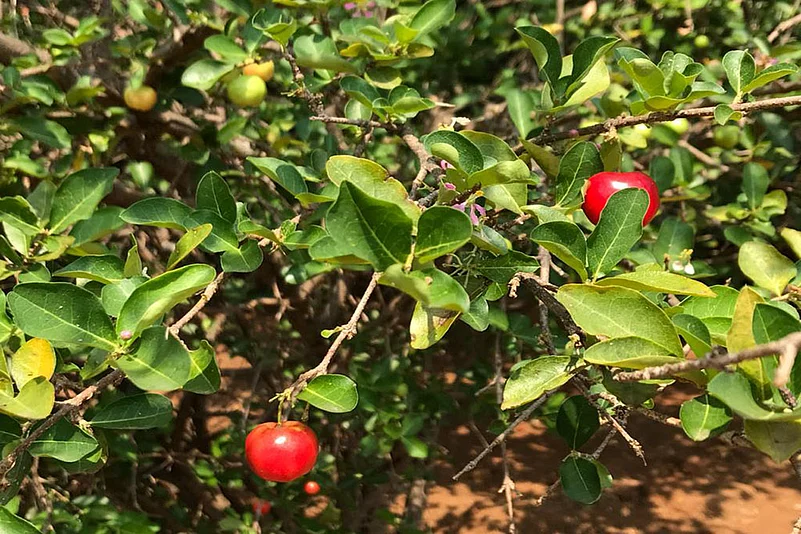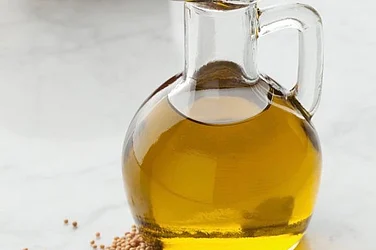Using Low Tunnel technology for growing vegetables has many advantages, suggest several studies. It helps in increasing the yield and early harvesting while protecting plants from adverse weather conditions.
Low Tunnels are miniature structures which provides greenhouse-like effect for plants. Plastic sheets are used for covering such low-ceiling tunnels. The tunnel-like shape is given using metal rods.
Carbon dioxide is trapped within such tunnels which helps in enhancing photosynthesis in plants. The tunnel also protects plants from severe weather, like strong wind, rain, snow, etc.
Besides being inexpensive, they are easy to be set-up, dismantled, and be put up again. Studies have shown that Low Tunnels can be used for producing high quality nurseries and crops such as tomatoes, cucumber, radish, beans, and capsicum.
Advertisement
This technique, prominently used in Israel, was introduced a few years back in some villages of Gurgaon for growing winter crops.
In neighbouring Nepal, farmers have produced both seasonal and unseasonal organic vegetables in such tunnels.
According to a report in The Himalayan Times, farmer Tej Kumar Sijali produced organic vegetables in three tunnels in Dhankuta. Sijali told the newspaper that he had earned money from vegetable farming and spent it on his family's health and children's studies.
Several other farmers too have grown vegetables in tunnels. Growers say that better quality and quantity of produce can be had this way.
Advertisement
Climate smart village, COVID-19 response and Social Economic Recovery Project Agriculture Programme was implemented with the management of Pardep Nepal and the economic support of the municipality and UNDP, reported The Himalayan Times.
Local farmers made tunnels inside houses and started producing vegetables after the programme was implemented in the municipality, it added.
A study titled ‘Low tunnel technology for vegetable crops in India’, published by A.S. Lodhi, A. Kaushal and K.G. Singh sometimes back noted that considerable research work has been conducted on low tunnel technology for vegetable production in the past 20 years.
However, the paper added, still significant work is needed, such as: (a) Testing of low tunnel technology for different vegetables grown under different regions of India; (b) the optimum tunnel heights for various vegetable crops; (c) the optimum polyethylene sheet thickness and effect of perforation in poly sheets on vegetables crop; (d) adoption of low tunnel technology with drip irrigation; (e) the economic analysis of low tunnel; (t) constraints in the adoption of low tunnel technology for a wide variety of vegetable crops
In many places, farmers are limited to grow seasonal vegetables, face shortage in numbers of vegetable processors and lack of cold storage infrastructure.
On many occasions, farmers cannot get reasonable profit margins from their produce when the market is flooded with seasonal vegetables.
Farmers also face problems with summer vegetables, which are susceptible to insects, pests, diseases, etc.
Such challenges may be overcome by growing vegetables through the production technology of tunnel farming.
It was reported that many cucurbits (squash, cucumber, and melons) respond well under row covers with increased yield of as much as 25%. Similarly, strawberry, Chinese cabbage, snap bean, tomato, etc. have also shown positive results with higher vegetative growth and quality yields under plastic protection.




















